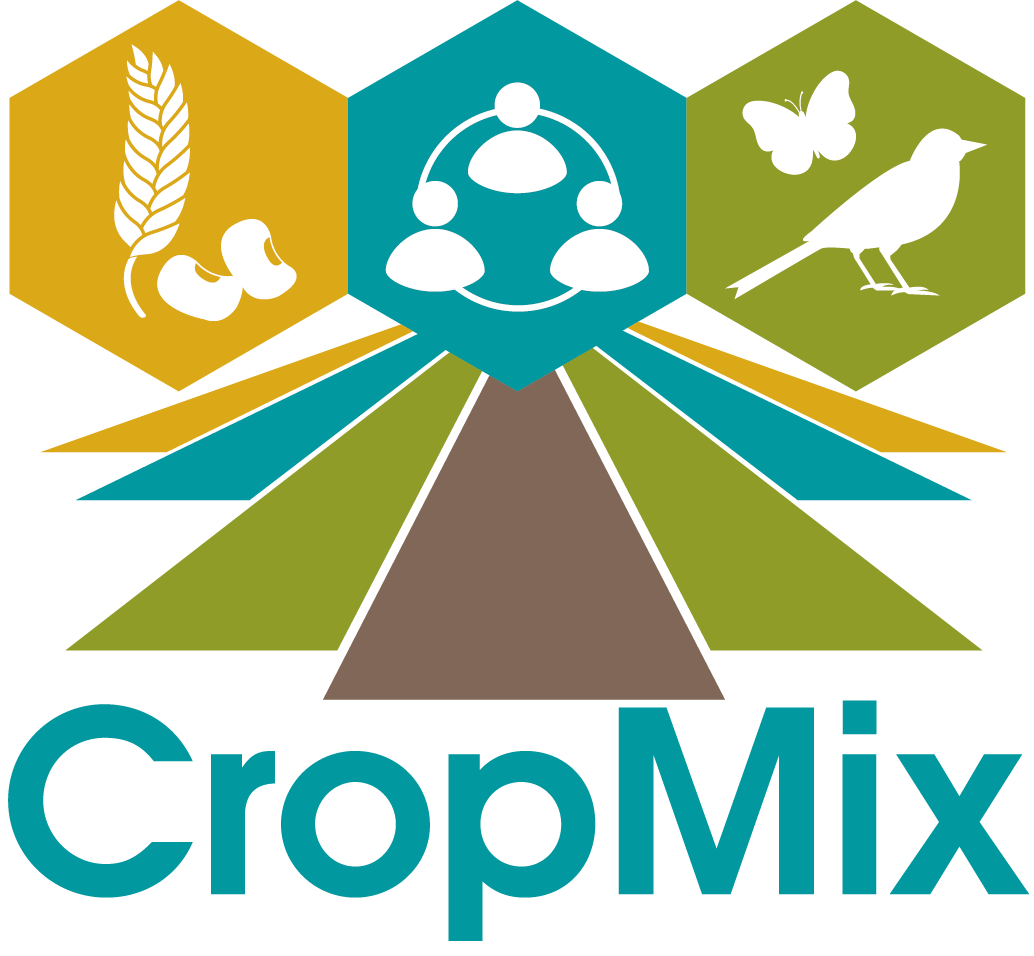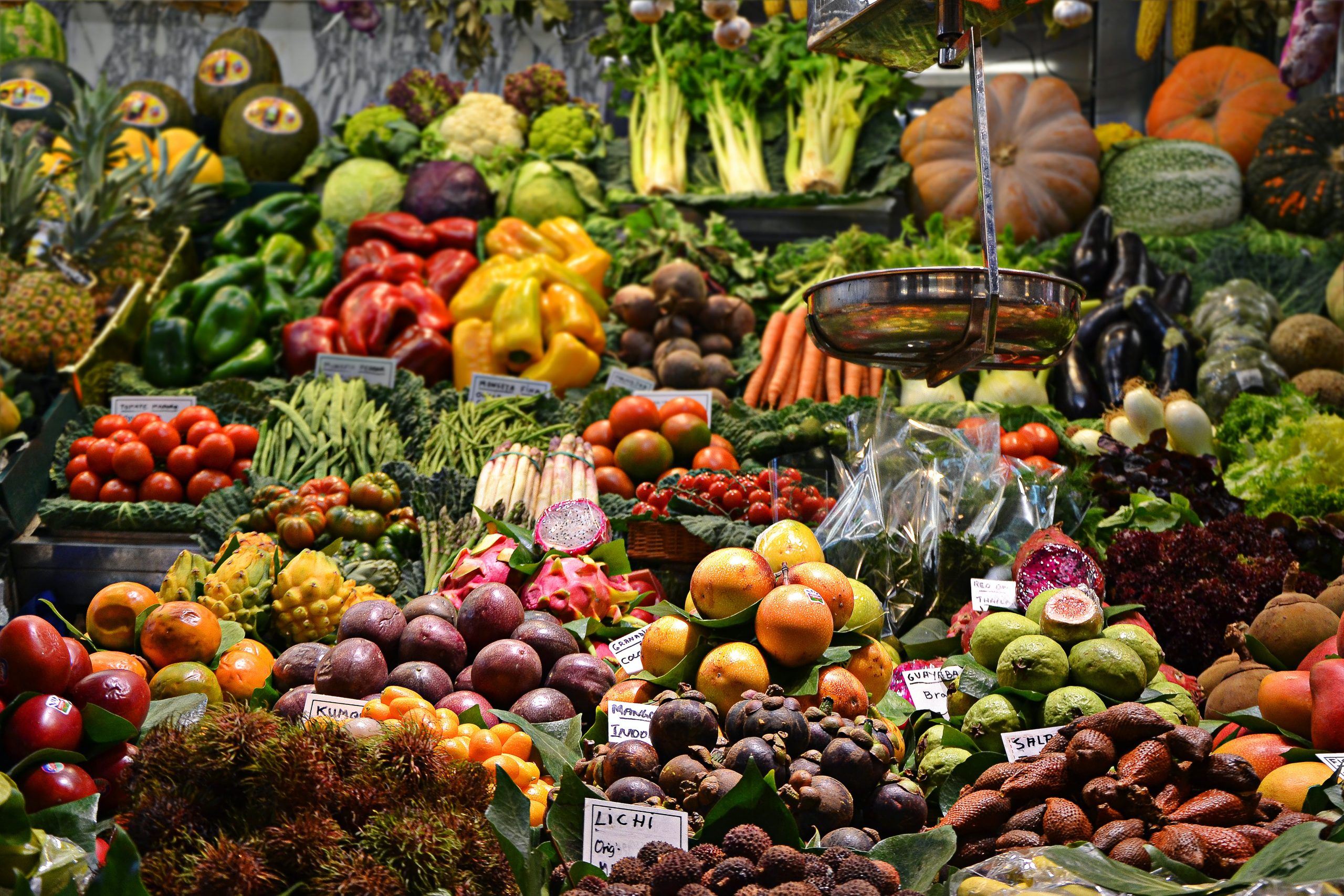Consumer and stakeholder perspectives
The role of different societal actors in the transition to a sustainable food system


Researcher
Camilla Bodewes
PhD candidate
Athena Instituut (VU Amsterdam)
With a broad background in consumer science, data analysis and sustainability, I have often felt that people only look at pieces of a larger, more complex problem. Only when you put the pieces of the puzzle together with a group from different perspectives do you have the overview needed to tackle contemporary challenges sustainably and thoroughly. That is exactly why I like being part of a transdisciplinary research project such as CropMix, where the participants can learn from each other equally, in order to make a lasting impact.
Research project
Project: 3.3.1. What is the role of different social actors in the transition to a sustainable food system?
In CropMix, the focus is on achieving the transition from conventional to ecological agriculture. But because agriculture is inextricably linked to our food and thus society, this project focuses on studying the role of society in the transition to a sustainable food system.
Thus, to achieve a society-wide transition to a future with sustainable food, it is important to involve all system actors. This raises questions, such as what perspectives on sustainable food currently exist? How will these need to change in the future? And who is responsible for that change?
To answer these questions, this project looks at how different actors (such as consumers, producers, companies and governments) answer these questions. By comparing expectations and ideas with the current bottlenecks in the system, we hope to uncover where opportunities and necessity lie for a future-proof transition.
Related projects
- Learning and multispecies interactions in living labs aimed at agro-ecological transition > Inez Dekker
- Institutional frameworks for adoption of strip cropping by farmers and realisation of an agro-ecological food system > Daphne Schoop
Results and news
Vegetable gardeners: producer ánd consumer
The food system consists of producers and consumers. Many people used to produce their own food, but today the distance between producer and consumer is often great. The intervention of supermarkets, for example, makes the food chain less transparent. Many people do not know exactly where their food comes from.
Home gardeners who grow and eat their own crops are, in fact, both producers and consumers. This dual role gives home gardeners relevant knowledge that can help promote a transition to a sustainable food system. My first paper is about this dual role of consumer and producer and what we can learn from it.
Researchers involved
- Anne Loeber
- Kristiaan Kok
- Bep Schrammeijer
- Francesca Morselli
Related research
Our work packages
This work package focuses on above-ground and below-ground interactions. We look at the interactions between plants, crops, insects and other species living in the field and the differences between strip cropping and monocultures.
Work package 2 looks at the economic feasibility of investments for farmers to switch to more crop-diverse systems, such as strip farming, and what factors influence their willingness to engage in ecologically sound farming.
We want to identify different transition pathways applicable to different situations. Think of farmers with wide strips and long value chains, but also farmers with narrow strips marketing in a short chain. Or perhaps very different cropping systems that use crop diversity, such as agroforestry. We also look at what consumers and other stakeholders think and their role in the transition to more sustainable agriculture.


